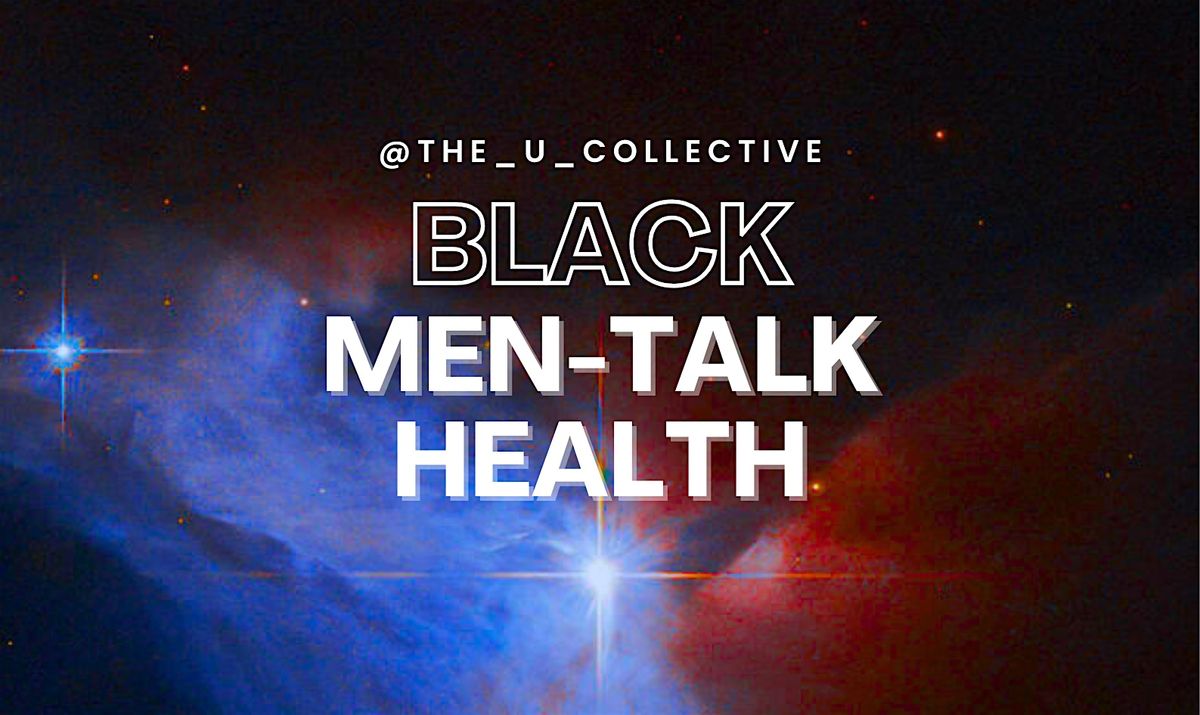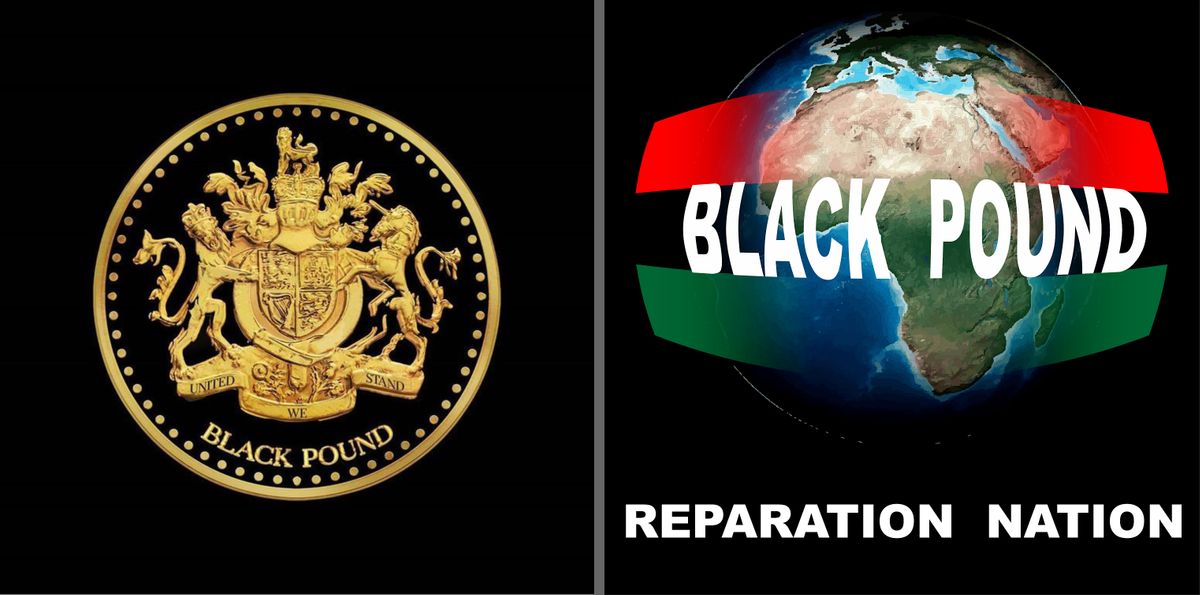RACE WAR GUNS AND KNIVES - TAKING UP ARMS TO DEFEND THE WHITE RACE
Schedule
Sat, 20 Jul, 2024 at 03:00 pm to Sat, 08 Nov, 2025 at 06:00 pm
UTC+01:00Location
African and Caribbean War Memorial | London, EN

About this Event
The ADEJA Weekly Discussion Meetings in London: A New Era for Reparatory JusticeIntroduction
The African Diaspora Equity and Justice Alliance (ADEJA) has been holding weekly discussion meetings around London, where hot conversations, debates, and arguments revolve around the innovative and contentious concept of using the mythical John Canoe/Junkanoo, known as the Reparation Fascist, as the international legal personality to deliver reparatory justice to those classified as Black and Mixed-Black worldwide. These discussions are particularly poignant as ADEJA prepares to celebrate the birthday of John Canoe/Junkanoo on November 9th (9/11), a date that will also mark the launch of an international Black entity for delivering reparatory justice in 2025.
Group A: The Case for Armed AlliancesJohn Canoe and Western Military Alliances
Group A argues that John Canoe should form alliances with the military forces of Western nations that aim to conserve the concept of White identity. They assert that taking up arms is necessary to defend and conserve racial and ethnic values for establishing a Black international legal personality for reparatory justice. According to Group A, nations that uphold these racial and ethnic values are ideological allies in conserving the fundamental values of identity and the right to own property.
Identity and Property Ownership
One of the central arguments from Group A is that any attack on racial and ethnic identity is an attack on the concept of identity itself. They believe that having an identity is fundamental to the concept of owning property, stating that slaves had no identity and therefore could not own property. This perspective is rooted in the historical context where the dehumanization and disenfranchisement of Black people stripped them of their identities and rights.
Support from the West
Group A contends that those Western nations that wish to conserve the concept of White identity would be natural allies in their struggle. They argue that these nations, by aligning with John Canoe, would be making a stand for the preservation of identity and property rights globally.
Group B: Caution and Historical ContextSkepticism Towards Western Alliances
Group B, however, takes a more cautious approach. They argue that John Canoe should not form alliances with the Western nations until these nations have demonstrated a genuine commitment to supporting the establishment of an international legal personality for reparatory justice. Group B emphasizes the need to remember the historical and ongoing mistreatment of Black people who have fought in wars for Western nations.
Historical Betrayals and Current Realities
Group B points to numerous historical examples where Black soldiers fought for Western nations only to be met with continued racism and discrimination. From the segregated units in World War I and II to the racial injustices faced by veterans returning home, the historical context is replete with betrayals that caution against trusting Western military alliances without concrete commitments to change.
State of Black People Worldwide
Furthermore, Group B stresses the importance of considering the current state of Black people worldwide. They argue that the focus should be on building internal strength and solidarity within the Black community before seeking alliances that might compromise their goals or autonomy.
Nations of the West and the Concept of White IdentityWestern Nations and Racial Identity
The nations of the West that wish to conserve the concept of White identity include countries like the United States, some European nations, and Australia. These countries have political factions and movements that actively work to preserve what they consider their traditional racial and cultural identities.
Poor Race Relations
Race relations between Black communities and military institutions in these countries have historically been fraught with tension and mistrust. For example, in the United States, the military has had a long history of segregation and discrimination, with Black soldiers often facing harsher conditions, lower pay, and fewer opportunities for advancement compared to their White counterparts.
Identity and Property Ownership
The concept of identity as a necessary aspect of owning property is deeply ingrained in Western legal and social systems. The disenfranchisement of Black people historically denied them not only their identities but also their rights to own property and accumulate wealth. This legacy continues to affect Black communities globally.
John Canoe/Junkanoo: The Reparation FascistMeaning of a Reparation Fascist
A Reparation Fascist, in this context, refers to a figure who aggressively advocates for reparatory justice using uncompromising and militant strategies. John Canoe/Junkanoo embodies this persona, symbolizing a forceful push for the rights and reparations owed to Black and Mixed-Black people.
History and Myth of John Canoe/Junkanoo
John Canoe, or Junkanoo, is a mythical figure whose roots can be traced back to African and Caribbean folklore. Historically, Junkanoo was a festival celebrated by enslaved Africans in the Caribbean, especially in the Bahamas and Jamaica. The character represents resistance and resilience against colonial and oppressive forces.
ADEJA and Its MissionAbout ADEJA
The African Diaspora Equity and Justice Alliance (ADEJA) is dedicated to advancing the well-being, empowerment, and unity of Black Africans and the Black African diaspora. ADEJA's mission includes pursuing historical reparatory justice on an evidence-based claim-by-claim basis, focusing on reparations for those classified as Black and Mixed-Black.
Financing and Support
ADEJA is financed by Reparation Nation Limited, an organization committed to supporting reparatory justice initiatives. This financial backing enables ADEJA to operate and advocate effectively for its goals.
The UK's Role in ADEJA's MissionUK Leadership and National Security
ADEJA argues that the UK should lead an alliance of Western nations in defending racial and ethnic values worldwide. This leadership aligns with the UK's national security interests by promoting social cohesion and stability through the conservation of Protected Characteristics, including race and ethnicity codes.
International Legal Personality
An international legal personality refers to an entity recognized by international law as having rights and duties. ADEJA aims to establish such a personality to represent the interests of Black and Mixed-Black people globally in their pursuit of reparatory justice.
Protected Characteristics and National Security
The UK’s Protected Characteristics include race and ethnicity, which are crucial for maintaining social order and national security. ADEJA emphasizes that any attempt to dismantle these protections would threaten the UK's stability and security.
Race and Ethnicity Importance
Race and ethnicity are important for national security as they help ensure that all groups are recognized and their rights protected. This recognition prevents social unrest and promotes equality.
John Canoe/Junkanoo as a Symbol for Reparatory JusticeJohn Canoe's Role
John Canoe, the Reparation Fascist, serves as a powerful symbol for an international legal personality dedicated to reparatory justice. His mythical status and historical significance make him a fitting character to lead this movement.
UK Race and Ethnicity Codes
John Canoe promotes the international utilization of the UK race and ethnicity codes combined with a racial map designed to clarify identity for delivering reparatory justice. This system would help standardize the identification and classification of individuals, ensuring that reparations are allocated fairly and accurately.
British Values and the Abolition of the Slave Trade
Supporting John Canoe's plan aligns with British values, particularly in the context of Britain's efforts to abolish the slave trade. This alignment showcases the UK's commitment to addressing historical injustices and promoting equality.
John Canoe's Race Map and Chart
The John Canoe race map and chart provide a detailed framework for classifying and identifying individuals based on the UK race and ethnicity system. This system would work seamlessly with the UK government’s existing classifications, facilitating the fair distribution of reparations.
Arguments for and Against Taking Up ArmsPros and Cons of Group A's Stance<h4>Pros</h4>
- Immediate Defense: Forming alliances and taking up arms provides an immediate means to defend and assert racial and ethnic values.
- Solidarity with Powerful Allies: Aligning with Western military forces offers strategic advantages and resources.
- Preservation of Identity: Actively defending identity helps conserve cultural and historical values.
- Historical Betrayals: The risk of repeating historical betrayals where Black soldiers were mistreated.
- Compromise of Autonomy: Alliances with Western militaries may lead to compromises that undermine the movement’s goals.
- Escalation of Violence: Taking up arms could escalate conflicts, leading to further violence and instability.
Pros and Cons of Group B's Stance<h4>Pros</h4>
- Cautious Approach: Ensuring Western nations’ genuine commitment before forming alliances prevents historical mistakes.
- Focus on Internal Strength: Building internal solidarity and strength within the Black community is a sustainable approach.
- Avoidance of Violence: A non-violent approach minimizes the risk of escalating conflicts.
- Delayed Action: Waiting for Western nations to demonstrate commitment may delay progress.
- Lack of Immediate Defense: Without military alliances, the movement may lack immediate means to defend itself.
- Isolation: A cautious approach might isolate the movement from potential allies and resources.
The weekly ADEJA discussions in London highlight the complexities and challenges of pursuing reparatory justice for Black and Mixed-Black people worldwide. The debates between Group A and Group B reflect differing perspectives on how best to achieve these goals, whether through alliances and armed defense or through cautious, internal consolidation. As ADEJA prepares to launch an international Black entity for reparatory justice, the role of John Canoe/Junkanoo as a Reparation Fascist remains a central, yet controversial, symbol in this movement. The UK’s involvement, the historical context, and the importance of identity and race in this struggle are critical factors that will shape the future of reparatory justice globally.
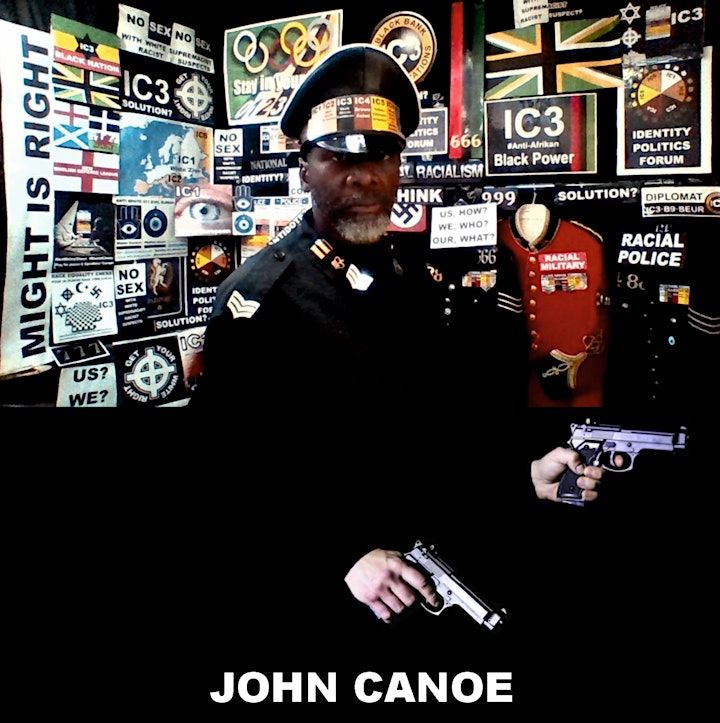
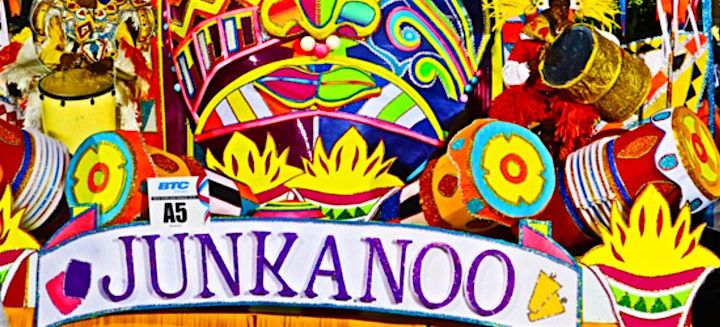

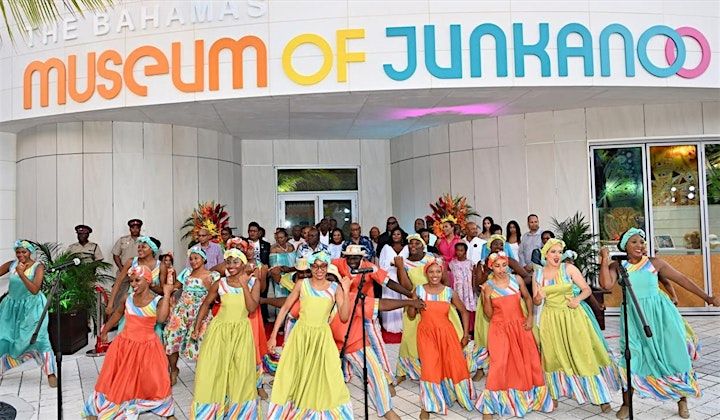
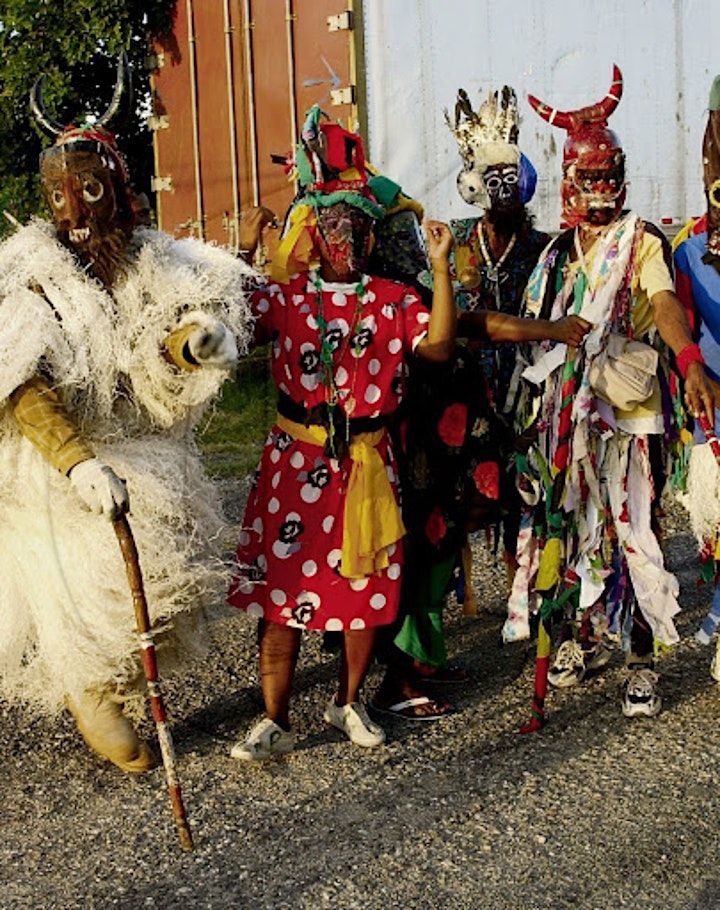
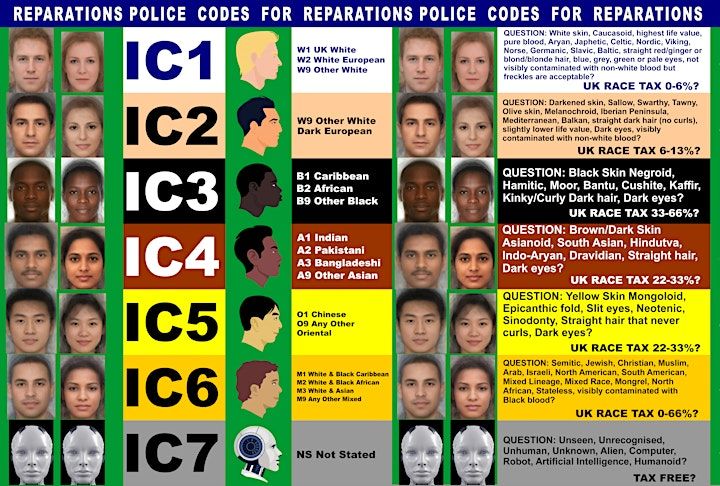
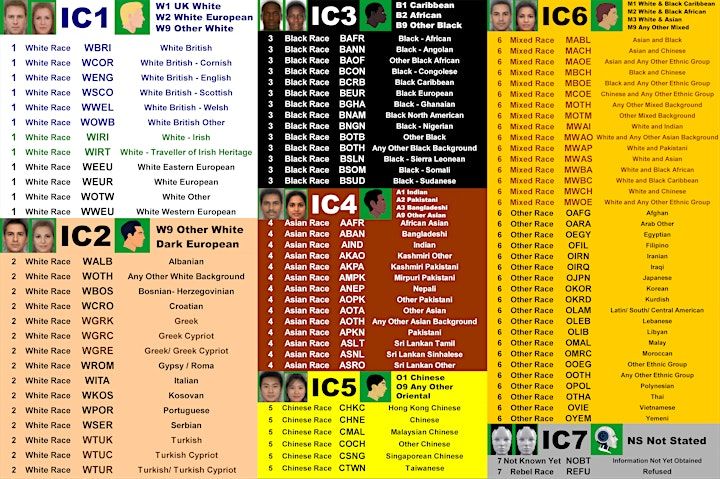
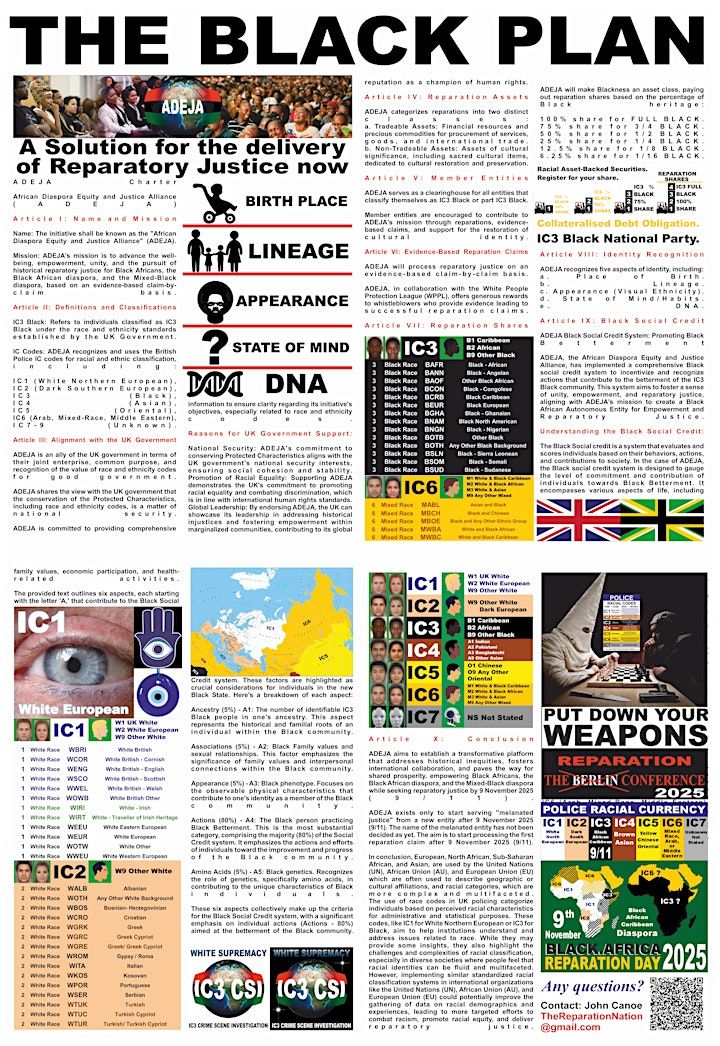
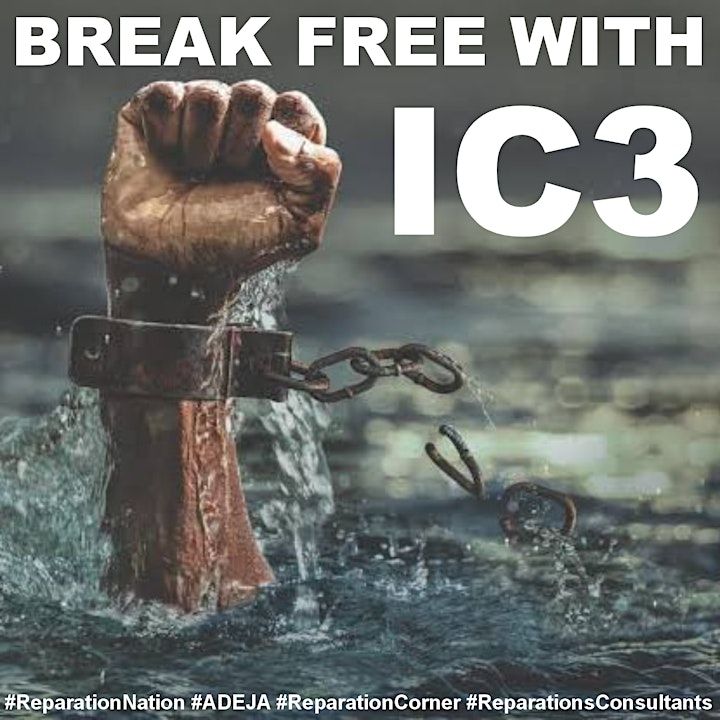
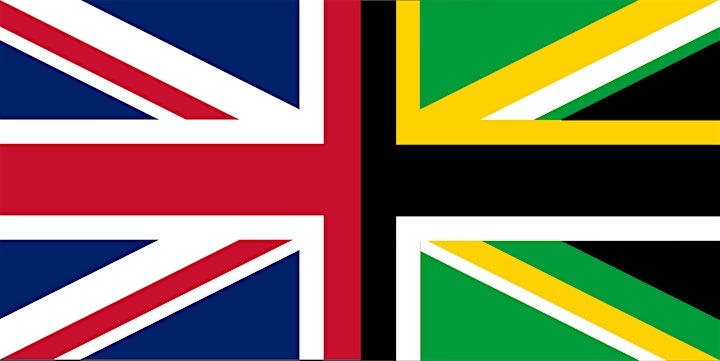
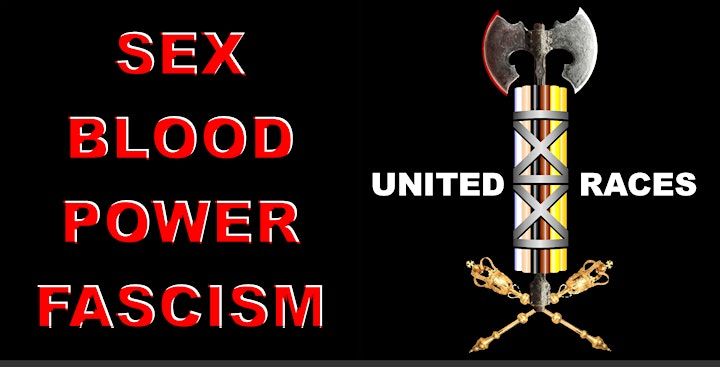
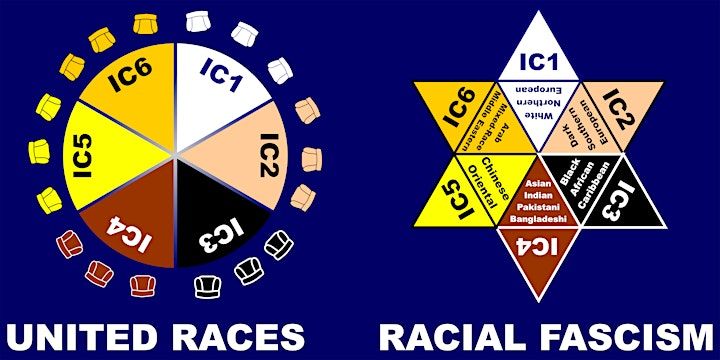
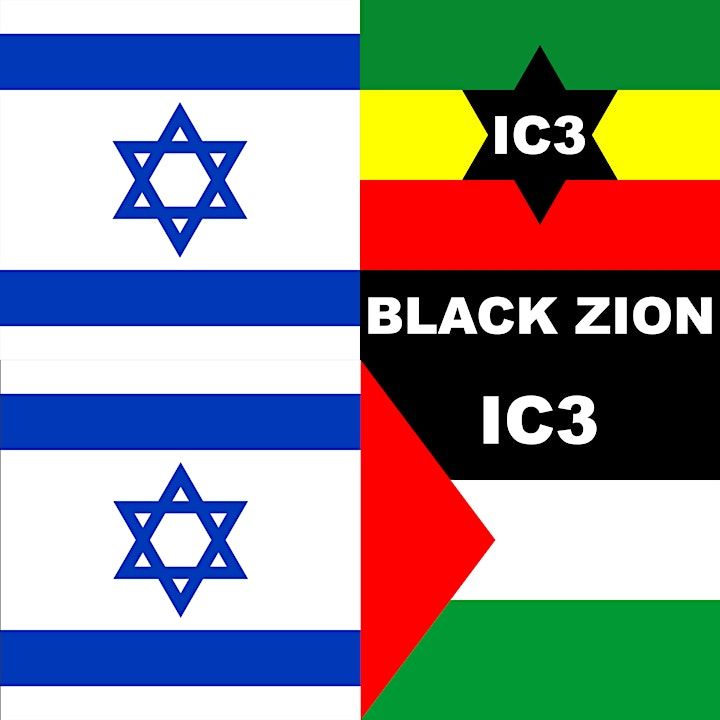
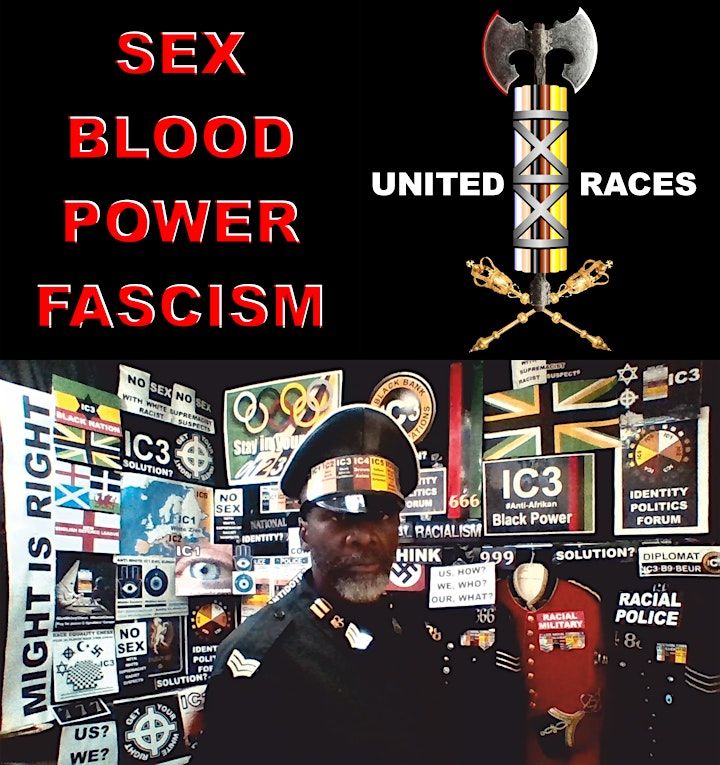
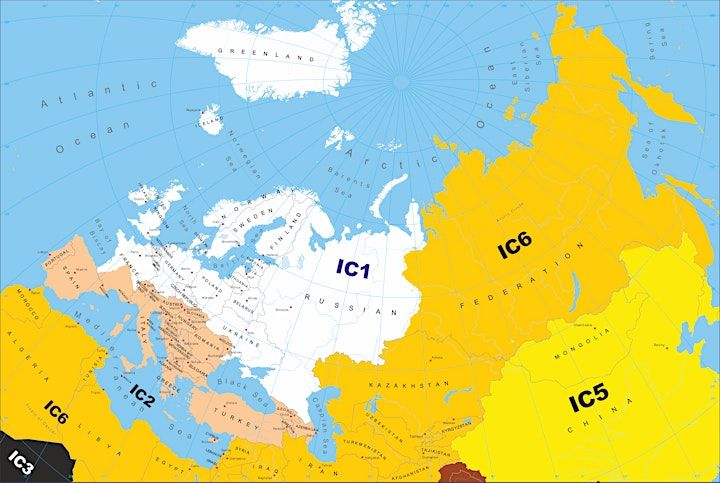
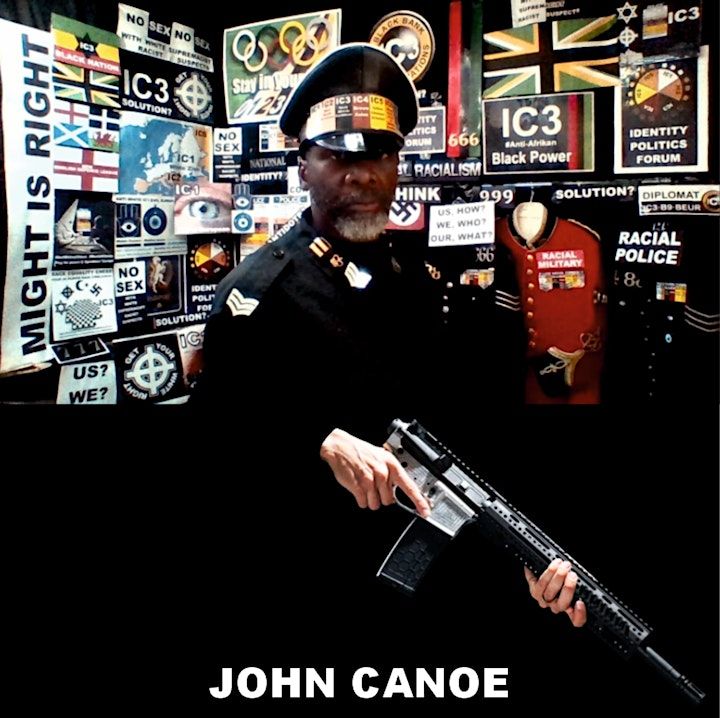
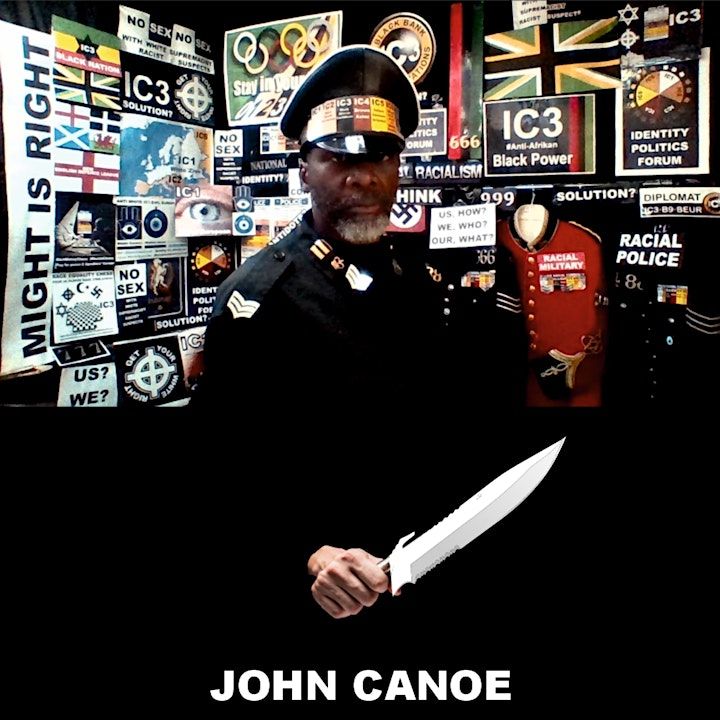
WHITE RACE NATIONS
Listing nations that wish to conserve the concept of White identity is complex and sensitive, as it involves distinguishing between the official policies of a nation and the agendas of specific political groups or movements within those nations. Generally, Western nations emphasize inclusive and multicultural policies in their official stances. However, certain political parties or movements within these countries advocate for preserving a concept of White identity. Here are some Western nations where such movements or political parties are notable:
- United States:
- Some far-right and nationalist groups, such as those affiliated with the alt-right movement, advocate for preserving White identity.
- Germany:
- Alternative for Germany (AfD) has members and factions that emphasize traditional German and European identity.
- France:
- National Rally (formerly National Front) led by Marine Le Pen focuses on French national identity, which can include elements of White identity.
- United Kingdom:
- British National Party (BNP) and certain factions within UKIP have emphasized British identity with undertones of White identity.
- Austria:
- Freedom Party of Austria (FPÖ) has a nationalist agenda that includes preserving traditional Austrian identity.
- Italy:
- Northern League (Lega Nord) and Brothers of Italy (Fratelli d'Italia) focus on Italian national identity, intersecting with themes of White identity.
- Sweden:
- Sweden Democrats (SD) emphasize Swedish cultural identity, often in the context of opposition to immigration.
- Netherlands:
- Party for Freedom (PVV) led by Geert Wilders has nationalist and anti-immigration stances that can include elements of preserving traditional Dutch identity.
- Hungary:
- Although Hungary is more commonly associated with Central Europe, its government under Prime Minister Viktor Orbán has promoted policies aimed at preserving Hungarian national identity, which some interpret as including elements of White identity.
- Poland:
- Similar to Hungary, Poland's Law and Justice (PiS) party emphasizes Polish national identity and has taken stances that some perceive as aligning with preserving a traditional European identity.
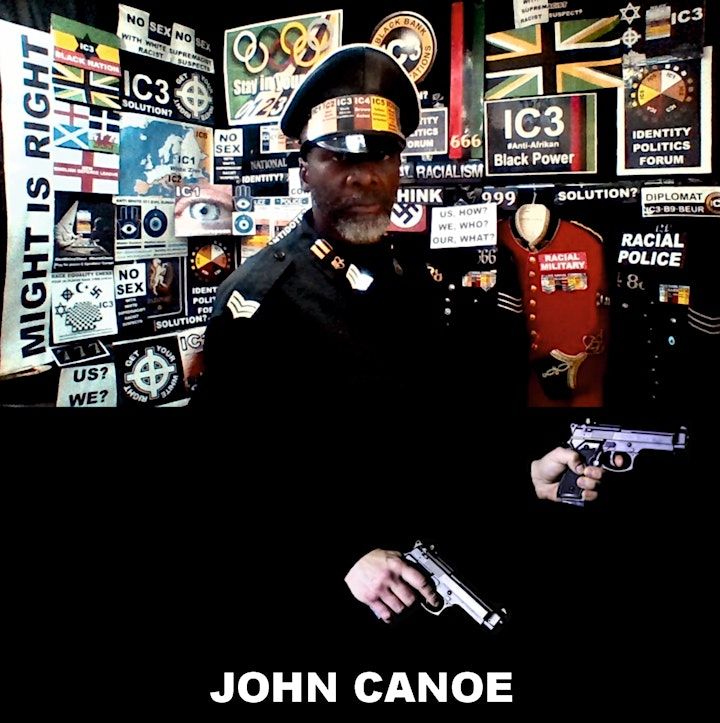
Here's a more exhaustive list of countries and recognized entities that officially recognize the "White race" through their census or demographic data collection practices, including additional sources for each:
United States
- Census Bureau: The category "White" refers to individuals having origins in any of the original peoples of Europe, the Middle East, or North Africa. This classification is used in various government surveys, including the decennial census and the American Community Survey (ACS) (Census.gov) (Wikipedia).
United Kingdom
- Office for National Statistics (ONS): The UK census includes "White" as a category with subcategories such as "White British," "White Irish," and "Other White" to capture detailed population data (Wikipedia).
Canada
- Statistics Canada: The Canadian census includes "White" as a racial category, generally referring to individuals with European ancestry. This is part of Canada's broader effort to understand its ethnic diversity (Wikipedia).
Australia
- Australian Bureau of Statistics (ABS): The Australian census includes the category "Australian European" or "White" to describe individuals of European descent, used for monitoring demographic changes and planning services (Census.gov).
New Zealand
- Statistics New Zealand: The New Zealand census includes a "European" category, which encompasses individuals of European descent, often referred to as "Pākehā" in local terms (Census.gov).
South Africa
- Statistics South Africa: The South African census includes "White" as one of its racial categories, reflecting the country’s historical and contemporary demographic realities (Wikipedia).
Brazil
- Brazilian Institute of Geography and Statistics (IBGE): The Brazilian census includes "Branco" (White) as one of its racial categories, acknowledging the country's diverse ethnic composition (Wikipedia).
Mexico
- Instituto Nacional de Estadística y Geografía (INEGI): The Mexican census includes a category for "White" (Blanco) as part of its racial and ethnic data collection (Wikipedia).
Argentina
- Instituto Nacional de Estadística y Censos (INDEC): The Argentine census includes a category for "White" to describe individuals of European descent (Wikipedia).
Chile
- Instituto Nacional de Estadísticas (INE): The Chilean census includes a category for "White" to capture data on individuals of European descent (Wikipedia).
Other Recognized Entities<h4>European Union</h4>
- Eurostat: While the European Union does not typically collect data on race in the same way as the US, UK, or Canada, various member states include categories for "White" or similar terms to describe individuals of European descent in their national censuses and surveys. For example:
- France: Does not officially collect data on race or ethnicity, reflecting a policy of color-blindness. However, demographic studies and private surveys often include "White" as a category (Wikipedia).
- Germany: Uses terms like "European" or "Caucasian" in demographic surveys and studies but does not officially classify by race in its census (Wikipedia).
- United Nations: While the UN does not collect racial data in the same way national censuses do, it supports the collection of demographic data, including racial and ethnic information, to help monitor and promote human rights and development goals globally (Wikipedia).
Other Countries with Racial/Ethnic Data Collection
- Colombia: Includes "White" as a category in its national census to describe individuals of European descent (Wikipedia).
- Peru: Uses categories such as "White" to capture ethnic diversity in its national census (Wikipedia).
- Venezuela: Recognizes "White" as a racial category in its demographic data collection efforts (Wikipedia).
Additional Countries and Entities
- Portugal: The Portuguese census includes a category for "White" to capture demographic information related to individuals of European descent (Wikipedia).
- Italy: Although Italy does not formally collect racial data, various studies and demographic reports include "White" as a category to describe individuals of European ancestry (Wikipedia).
- Spain: Similar to Italy, Spain's census and demographic studies often include "White" as a category to describe individuals of European descent (Wikipedia).
- Russia: The Russian census includes ethnic categories that encompass "White" individuals, reflecting the country's diverse population (Wikipedia).
These classifications help in policy-making, understanding social dynamics, and addressing issues related to race and ethnicity in these countries and entities.
Where is it happening?
African and Caribbean War Memorial, African and Caribbean War Memorial, London, United KingdomEvent Location & Nearby Stays:
GBP 0.00










